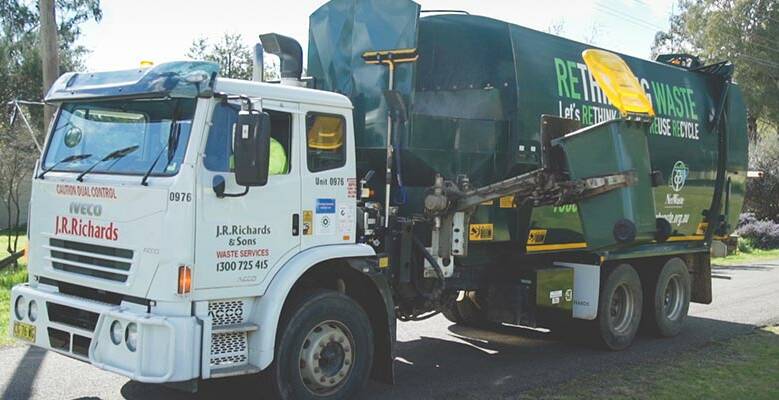
Parkes Shire Council's Waste Education Team will be coordinating a community survey on behalf of the Netwaste Group of Councils next week.
Subscribe now for unlimited access.
$0/
(min cost $0)
or signup to continue reading
The survey is to assess the community's usage and satisfaction with the kerbside recycling, food and garden waste and general waste bin service.
Market Research Consultant Envirocom has been appointed to undertake the process which will include a targeted telephone survey and a short online survey open to all residents to participate in.
The telephone survey is due to start from Monday, November 2 and will be undertaken over three weeks.
Parkes Shire residents will be included in the survey sample which will be randomly selected across the postal codes of 2869, 2870, 2874, 2875 and 2875.
"Council recognises the importance of providing effective waste services in delivering positive public health, environmental and economic outcomes for the community," Parkes Shire Waste Facilities Committee chair Cr Alan Ward said.
"Waste management is a growing issue and cost for Parkes Shire Council.
"More waste than ever is being produced and the traditional means of landfilling is becoming increasingly regulated and expensive to administer, so it is imperative we continue to innovate and ensure our services are meeting the demands of the community.
"We encourage all residents to participate in the online survey and those that may be contacted for the phone survey; we encourage your open and honest feedback so that informed decisions and actions be taken in the future."
The online community survey can be access via council's website www.parkes.nsw.gov.au and will be open until Sunday, November 29.
NetWaste is a collaborative waste management venture between 27 councils in NSW, serving a population of more than 300,000 and an area of around 317,942 square kilometres, which represents more than a third of NSW.
NetWaste aims to establish a waste management model that ensures cost-effective best practice for participating councils, develop education strategies that support this model and to undertake specific projects identified through the planning process.

